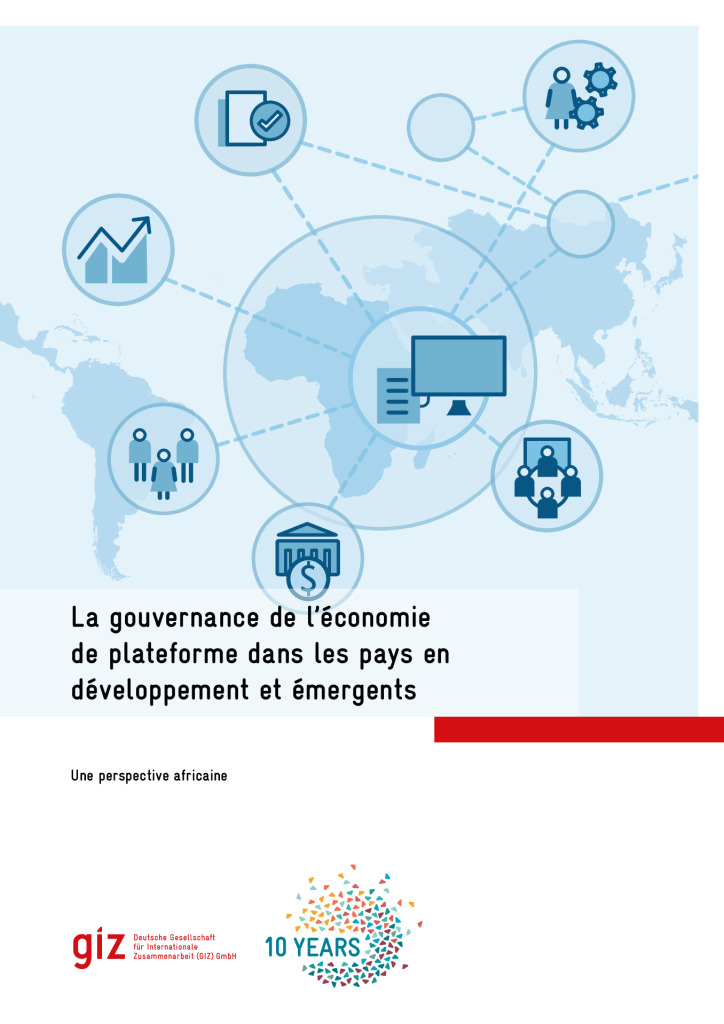Driving the Business Case for Sustainable Infrastructure at T20 summit
Sustainable Infrastructure

EPF was invited to organize an expert panel on “Driving the Business Case for Sustainable Infrastructure” at the T20 summit, reporting on some of the findings of its Policy Initiative on this issue, and bringing experts from finance and policy making to the discussion. Daniel Taras, Global Programme Director of EMSD and facilitator of the panel made clear: Sustainable infrastructure is one of the great challenges of today, one that requires strong commitment and exchange between investors, civil society, companies and policy makers alike.
“Infrastructure will have a significant impact on the success of the Paris Climate Agreement and the UN Sustainable Development Goals” emphasised Amar Bhattacharya, Co-Chair of the T20 Climate Policy & Finance Task Force. He also pointed out the crucial role of emerging markets, as they are responsible for 2/3 of global infrastructure expenditures – roughly USD 4 trillion per year.
Stormy-Annika Mildner, B20 Sherpa of the German G20 Presidency, laid out the central role businesses play in fostering sustainability. Demonstrating the “business case” of sustainability to mainstream investors and project developers, she said, is the best way to steer private investments into green and social projects. Lucio Vinhas de Souza, the Economic Team Lead of the strategy think thank of the President of the European Commission, committed to this credo and pointed out that the EU parliament is currently drafting a regulation to provide incentives to commercial investors to invest into climate friendly projects. Barbara Weber, a Swiss based advisor to large infrastructure investors, concurred: “If you set the right incentives, you can set your watch that capital will flow into green and social infrastructure projects”. Bringing in a more critical perspective, Ana Paula Fernandez del Castillo, General Director of the Mexican NGOs “Initiatives for Sustainable Development” drew attention to the decisive role of civil society and the need to focus on their added value.
Carving out the business case for positive social and green returns, roundtable participants agreed, is certainly an important step in the right direction.
EPF took up the topic during a back-to-back workshop after the summit, as an attempt to report on and discuss the perspectives and recommendations of T20, B20 and C20, and to identify future areas of joint initiatives.
The 30 experts at this roundtable identified some of the main challenges for sustainability in infrastructure projects: High and uncertain risk projections, a lack of expertise and sufficiently outlined projects for investors, and lack of transparency on existing infrastructure projects that would allow for independent, expert peer review. Amar Bhattacharya emphasised two systemic catalysts that could give sustainable infrastructure a significant boost: A more rapid development of green finance mechanisms and instruments, and the introduction of carbon pricing.
The session on existing guidelines and standards revealed that although they are abundant and converge on some essential indicators, they are often ill-suited for actual implementation. A veritable multi-stakeholder dialogue could lend meaning and ensure support for sustainability standards. What seems to be typically missing is a trusted facilitator for such multi-stakeholder engagement that enjoys credibility and acceptance by all parties involved.
The roundtable participants committed to keep C20, T20 and B20 engaged in the discussions in order to develop and issue joint recommendations. They also recognised EPF as a platform to test global ideas and agreements at a country level.



